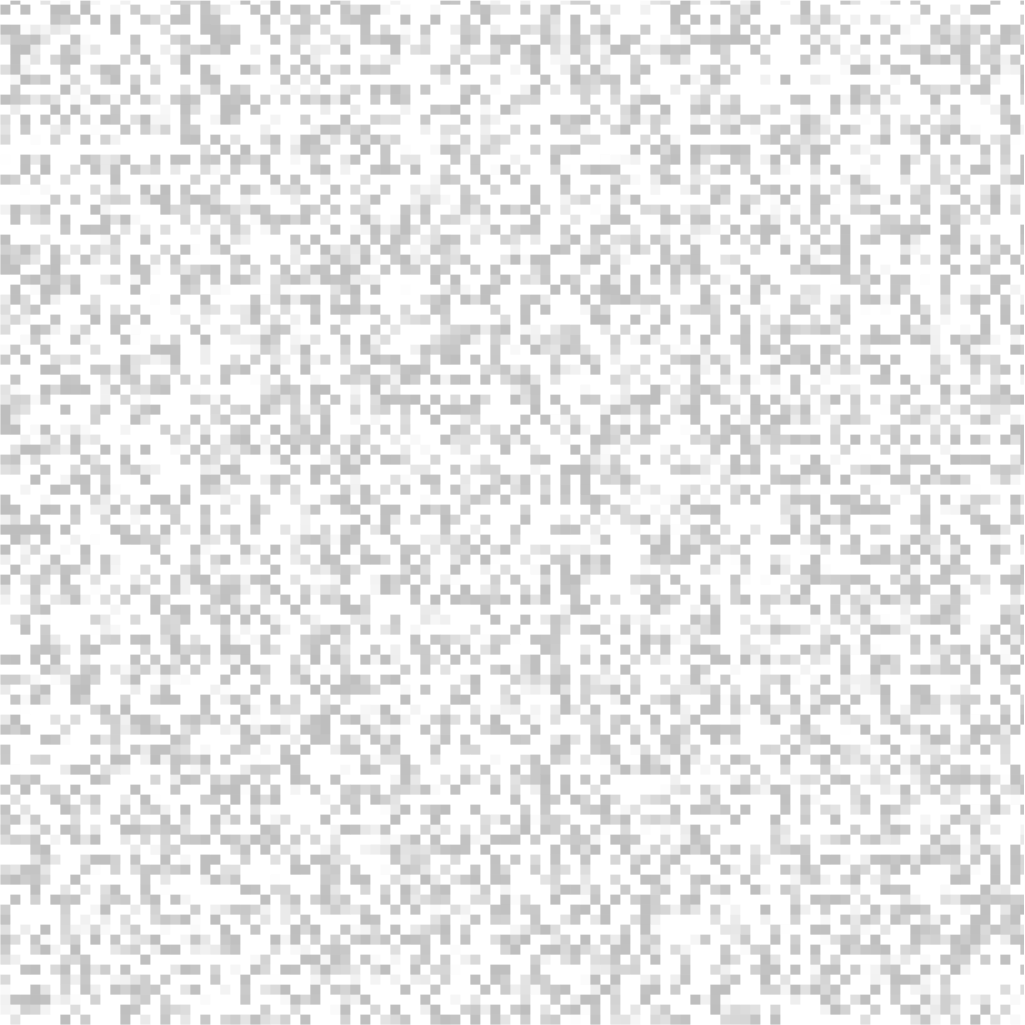Null

Friends and colleagues keep sending messages of despair. There’s a kind of guttural feeling-noise of recognition in my heart.
I remember after 2016 this sense of horror, but alongside it this idea of righteousness—that it was an aberrant moment some form of “we” could fight back from. I know I as much as anyone reached toward poetry or history that spoke about how to get through an impossible moment back into some kind of light. I liked the feeling that we could map our tiny dark death onto a grander narrative of hope and healing. But right now all that feels kind of precious and facile, and I’m not ready to get back to something “useful.” People are still dying, have died, will die. More will now.
There’s just a hollow, harrowing sense of irreparable loss, not as much for the election as what it fails to cover up. R. and I talked about whether we had cruelly brought children into a futureless world. I genuinely don’t know if the planet will survive? I honestly don’t know how to experience basic human empathy and trust when I’m wondering, now, whether the person I’m talking to, inside themselves, holds abject hate masquerading when useful as tax aversion. Then not masquerading at all.
Recently I was reading an anthology about affect theory. In its introduction, one of the coeditors quotes the critic Greil Marcus writing about Henri Lefebvre, the French philosopher of everyday life. Marcus refers to the importance of examining “not just institutions, but moments—moments of love, poetry, justice, resignation, hate, desire…within the mysterious but actual realm of everyday life.” The actual realm, he says, is “not one’s job, but in one’s life as a commuter to the job, or in one’s life as daydreamer during the commute.” Moments like these are “at once all-powerful and powerless. If recognized, they could form the basis for entirely new demands on the social order.”
“The rub” about social theorists in Lefebvre’s day, writes Marcus, “was that no one knew how to talk about such moments.”
Why does a person think the way they do, feel the way they feel, hate the things and people they hate, perceive the world as they perceive it, believe the truth they believe that they believe? You can ask them and they can tell you, and it will still not be enough. You can’t hear the thundering of what people simply feel to be real, not all of it, not against the something before and the other after, the under and the over, the through and through and through and not enough. The dream of the broken thing. I’m my five-year-old asking why to the answer to why to to the answer to why. I’m still just a weepy semiotics lackey begging a nonsense dialectic into merely being alive. I’m still convinced that the everydayness of people is excruciatingly perverted by our idea we know even our own. I’m not sure how something so clarion as the survival of peoples can slip under an obvious demands on political truth. I still don’t get it. There’s the rub. Instead of grand narratives, I’m grasping at atoms.
If it’s been naive to think we need a belief better than fear, maybe the electoral exercise itself can reveal its cheat sheet. A spit on the pit of a deeper conflagration with far shallower ash. Someone please send a smoke signal to say we don’t really think we’re relatable narrators of all this.
